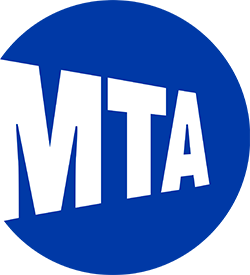Some people find that medical marijuana helps them control injury pain better than any other medication. If New York Workers’ Compensation benefits currently cover you, your medical marijuana may be covered.
The key case in New York Workers’ Compensation Law was the 2018 case, Matter of Kellner Bros., Inc. In this case, the claimant received medical marijuana to treat chronic pain for an established neck injury, prescribed to him to help wean him off of opioid pain control.
In order to get workers’ compensation to pay for your medical marijuana, the following must be true.
- A licensed medical provider must prescribe the marijuana.
- The provider must be board-authorized.
- They must submit a variance request.
- They must file a prior authorization request through the Workers Compensation Board medical portal.
The doctor must provide certain information on the forms that they file, including the requested treatment, the duration of the treatment, the anticipated functional gains of the treatment, and why an alternative treatment would not be successful.
In other words, if there is another conventional medication that would do just as good of a job of managing your pain, the doctor must try that medication first, even if you might prefer to use medical marijuana instead.
In addition, medical marijuana prescriptions must be in keeping with New York’s Compassionate Care Act. Under this law, marijuana may be prescribed for a severe debilitating or life-threatening condition or for a condition or symptom that is clinically associated with a complication of a severe debilitating or life-threatening condition. One such condition is pain that degrades health and functional capability where the use of medical marijuana is an alternative to opioid use.
In addition, the prescription must be for an approved route of administration, including metered liquid or oil preparations, solid or semisolid preparations like capsules, chewables, tablets, or lozenges, metered ground plant preparations, or topical forms or transdermal patches. The Compassionate Care Act expressly prohibits smoking as a form of medical marijuana. It also prohibits edibles like chocolates, gummies, or candies.
If you’re having trouble getting workers’ compensation to pay for medically approved treatments, including medical marijuana, it may be time to reach out to a workers’ compensation attorney. Contact our firm to get help today.
See also:
Alcohol and Drugs in New York Workers’ Compensation Cases
Steps to Take After Getting Injured on the Job in New York
Why Workers Compensation Claims Get Denied in New York



